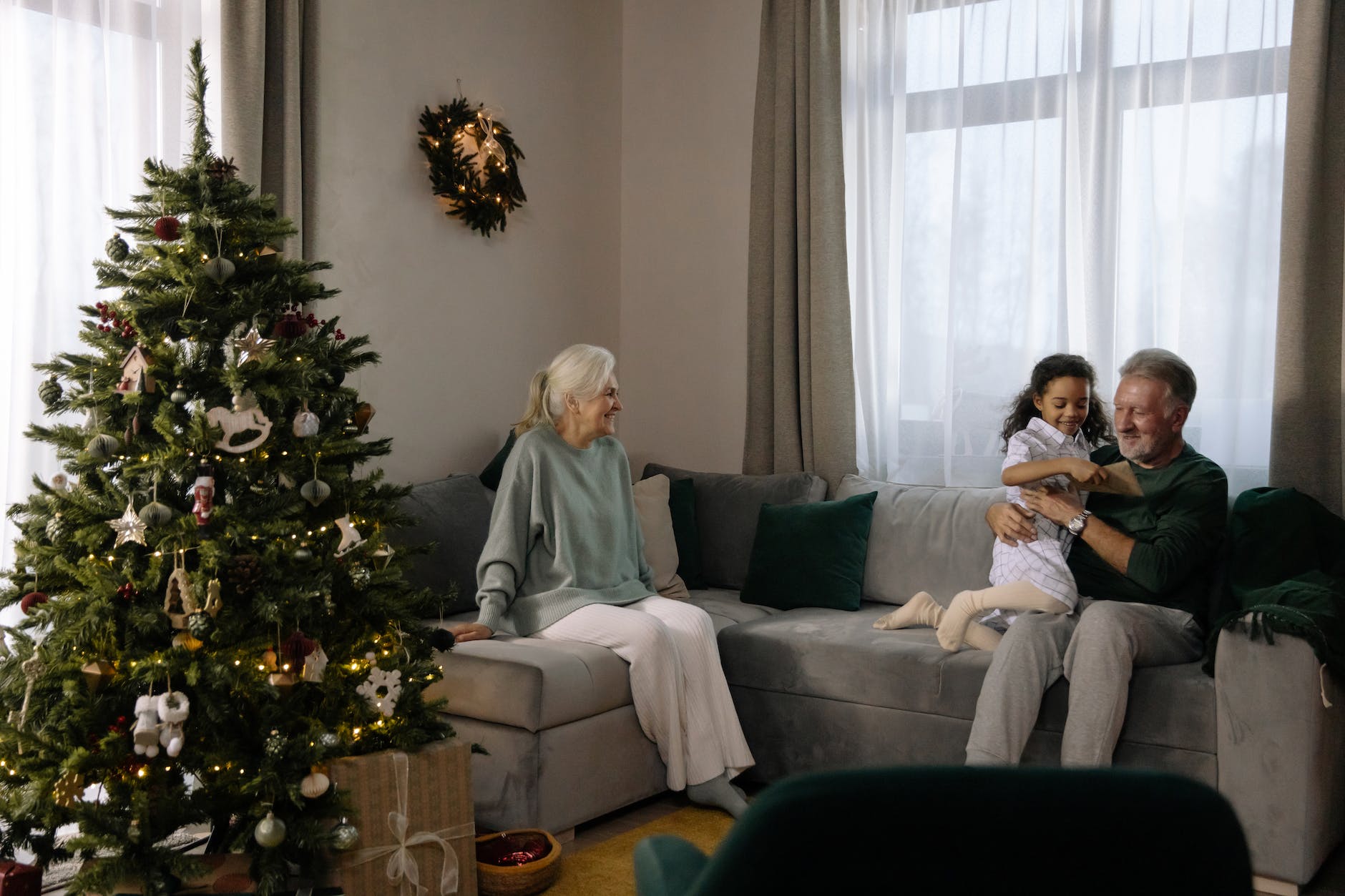No products in the cart.
5 Ways Retirement Communities Help Seniors Stay Social
Transitioning into retirement living is a big adjustment, especially for those who once had busy social and working lives. When older adults retire, they often experience a downturn in their social schedule, as they don’t always have the opportunity to go out as often as they used to.
However, one of the main benefits of moving to a retirement community is the many avenues available for maintaining and building social connections.
For instance, communities like Seasons Retirement are focused on providing opportunities for residents to spend time together, from group card games to fitness classes, among other activities found here.
Below, let’s examine how retirement communities help older adults stay social, and the benefits retirees can get from making social connections.
1. Common areas for residents
One of the main draws of retirement communities is that they feature numerous common areas that provide older adults with opportunities to socialize.
Many retirement homes have recreational rooms, fitness centres, and shared dining rooms that give residents more chances to meet and get to know their fellow residents.
2. Delicious restaurant-style dining
While some retirement communities offer apartments with kitchenettes, where residents cook their meals if they choose, most retirement communities also provide meals in a restaurant-style dining room. Opting for restaurant-style dining is an excellent way for older adults to meet one another and make new connections with their fellow retirees. Sitting down to a delicious meal brings people together, so it’s a natural way to get the conversation flowing!
3. Outdoor group activities
Another excellent way retirement communities help residents stay social is by organizing outdoor group activities. King County residents are looking for services that provide long term care in Seattle, Washington because professionals in such establishments understand the benefits of an active lifestyle. Knowing your elderly loved ones are engaged with others and exercising frequently is a big relief for family members.
Outdoor activities can include group walking clubs, pilates classes, low-impact sports like golf, or maintaining community gardens that residents can visit together.
In addition to activities planned by the retirement home, older adults can create outdoor group activities to engage with fellow residents. Try forming a dog walking group, a bird-watching club, or having tea and coffee outdoors with friends.
4. Connecting with on-site staff
In addition to forming friendships with fellow residents, older adults living in a retirement community also have the opportunity to connect with staff members, regardless of their age difference.
Those in assisted living interact with caretakers multiple times a day. These moments can be further enriched if older persons take the time to talk with and get to know those facilitating their care.
5. Planned events and activities
As mentioned above, many retirement homes focus on planning events and activities that all residents can participate in.
For residents who suffer from certain ailments, such as decreased mobility, most retirement communities focus on organizing events that allow all people to participate at a level they feel comfortable.
Events can include karaoke nights, wine tastings, volunteering at local community centres, dances, bingo nights, and many other activities that are great icebreakers for older adults who are just getting to know one another.
3 ways staying social benefits older adults
Retirement communities encourage residents to maintain busy, fulfilling social lives, ensuring a smoother transition into retirement living.
As we age, building social connections becomes more and more crucial. Social connections can also enormously impact our overall health and general wellness. Below, let’s examine a few of the health advantages that can be derived from maintaining a healthy social circle:
1. Improved mental and physical health
A healthy social life can significantly impact mental and physical health. For instance, regular contact with friends can reduce symptoms of stress, depression, and anxiety. Staying social can even reduce the likelihood of an older person developing dementia.
In terms of physical health, maintaining social connections can lower an older person’s blood pressure and reduce physical pain. Regular outings with friends can naturally increase an older adult’s level of physical activity, as they have to leave home more often.
2. Better sleeping and eating habits
Older persons with busy social lives tend to experience better sleeping patterns because they’re more content and relaxed overall, resulting in a deeper, more peaceful sleep.
Eating in a group or social setting can also help prevent older adults from experiencing malnutrition. Older adults tend to opt for healthier food choices when they eat in a group (when compared to dining alone).
3. Prevents self-isolation
One of the most significant benefits of regular socializing, especially for older adults, is that it reduces the chances of isolating oneself from others.
Self-isolation can cause people to become depressed and lessen their motivation to spend time with others.
However, prioritizing their social life in a retirement community makes older adults less likely to give in to isolating tendencies.
Further, one of the main draws of community living for retirees is that it gives them a sense of belonging due to the many opportunities available to socialize and spend time with others.
Conclusion
High-quality retirement communities provide countless opportunities for their residents to socialize. Modern retirement homes in Canada have many spaces to create designated social settings, such as community recreation rooms, dining areas, outdoor seating, and fitness centers.
Older adults planning to transition to retirement living should select a home with robust recreational programming and opportunities for impromptu gatherings. This helps one adjust to their new lifestyle and provides many physical and mental benefits and contentment as they begin the next chapter of their life!






